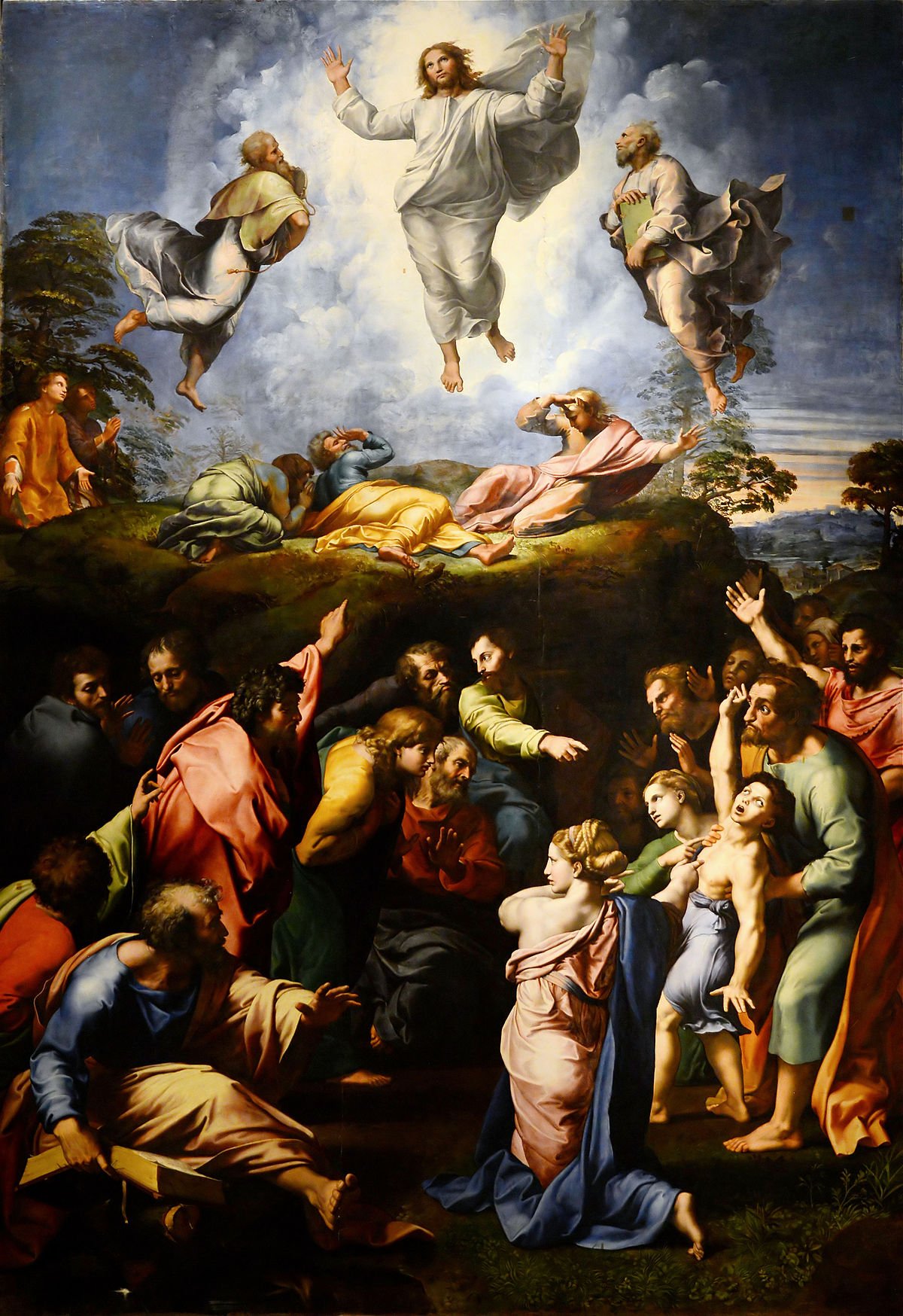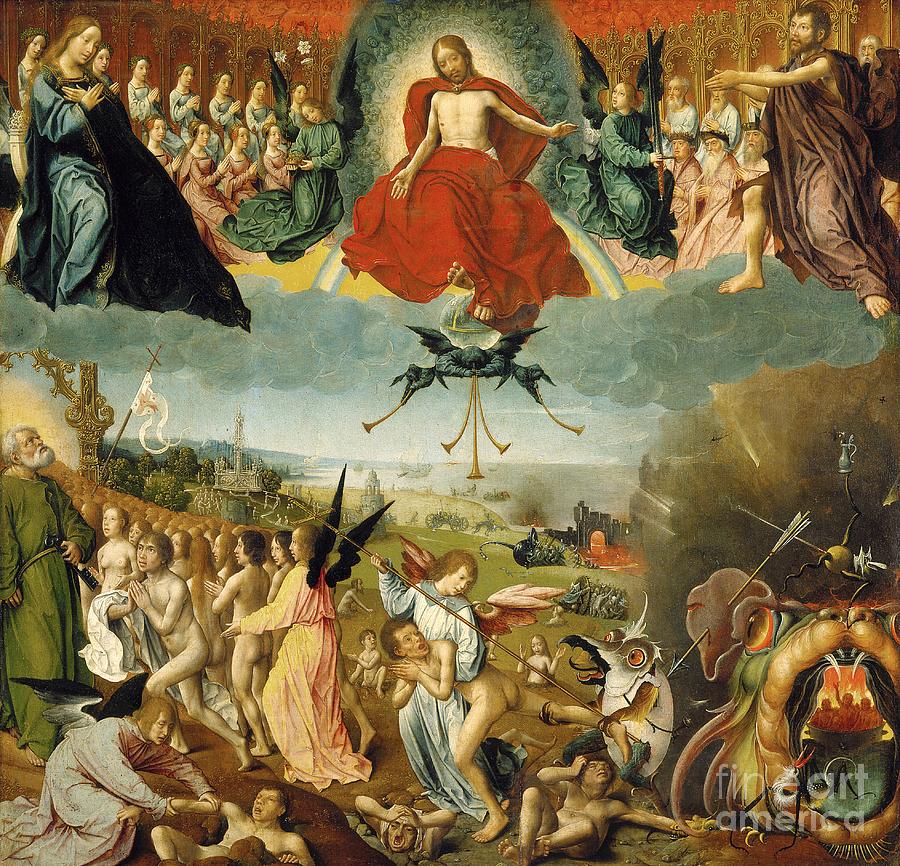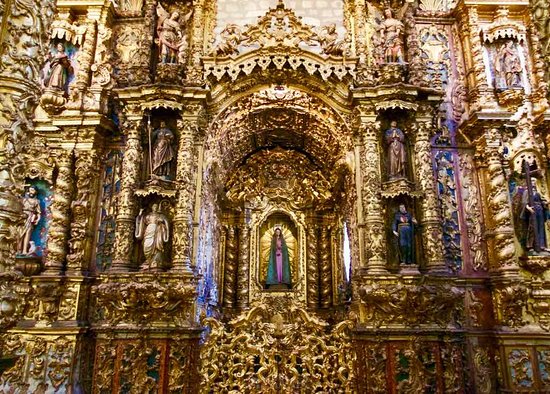Dude. That was an epic reply. Fuck. I'll do my best to answer in respect to its depth and my own time limits.
What is this idea based on? The Practices and Ceremony that have no foundation in scripture part? Is this your personal cross referencing with bible studies or something else? Do you consider scripture bible text or something else in addition to it?
What am I speaking of are human traditions that have been added that are purely man-made inventions/gross misinterpretations of what the Bible actually says. Some of these man-made inventions are more grievous than others. People like Joseph Smith (Founder of Mormonism) and Charles Taze Russell (Founder of Jehovah's Witness) came up with idea's that were either outside of the Bible entirely or took what was in the Bible and grossly took those things out of context. These man-made inventions are (and I would argue this point) what ultimately drive people away from the Christian Faith because there is no foundation of truth behind those inventions. Regular people (reasonably so) grow tired and weary of all that bullshit (and it is bullshit).
Here is a great example. Do you know that in Mormonism there is this belief that one day a man will ascend to Godhood and become his own "Adam" and obtain his own planet to rule and have dominion over. Now once a man ascends he must choose himself a wife to become his "Eve" and she will ascend to Godhood and become a goddess that they may populate this new planet of theirs with their children and children's children. Due to the popularity of polygamy in the Mormon faith a man will typically have multiple wives. However when he ascends he must be selective as to which wife he will choose to rule over his celestial planet. Due to this belief system the SUICIDE RATE among Mormon women is high because they fear they will not be chosen to become their husbands celestial wife. This belief wrecks havoc on the lives of women within the Mormon faith. A belief that has absolutely zero foundation in the Bible.
Some groups like the Mennonites have issues with dancing (even though King David danced when he worshiped God for example). Minor compared to the previous example, but something that doesn't have a real foundation in scripture.
It's a clear way to understand the 'mechanics' of when punishment kicks in if indeed it is a story to merely illustrate that. The issue I see there is that it still seems harsh as a literal event and consequence, especially being as there were other people and impregnating someone is hardly challenging. Assuming a worse crime was performed would be logical, but then things get messy. It's possible the cultural bend around reproduction was significantly considered more sacred then, but I do not know...
The Old Testament has alot of passages that stress the difference between those who sin in ignorance, and those who sin with absolute knowledge. I personally suspect that Onan had perhaps committed other trespasses against God (once again this is an educated guess, as it does not explicitly say in the Bible) and his failure to fulfill his duty to help Tamar bear a child was perhaps the last straw. There is a concept of the "sin unto death" in the Bible. Meaning there threshold at which God will cease to be merciful and prescribe the appropriate judgement to the sinner.
The God of the Bible describes himself as a just judge. Those who break His laws will be judged and will be appointed the appropriate punishment. However the God of the Bible is also described as merciful and gracious. Mortal men will always wonder where one begins and the other ends. I can try and persuade you as best I can that the God of the Bible is a fair God, but ultimately you will have to make that discovery yourself one day.
Yeah and that lines up with forms of Paganism I've experienced, though not so much with the earlier harsh (Onan, etc...) stuff. Other ideas too that 'God' is a form of universal energy in all things and more-so everything rather than a singular. And that universal energy being a manifestation of love / love thought of as an energetic element more than a human emotional reaction to things we like.
The God of the Bible is omnipresent, but not necessary present in the composition of what the universe is. He existed outside of space-time because He created it all. When mankind was created in His image. Mankind was inherently created with the attributes that God has as part of His being. The term I have heard used before is "imagers". To being a Imager of God we would have to express those attributes. Such as sovereign free-will. The ability to love another and to be loved as well as the entire spectrum of emotion. Even having the power of creation (obviously not on magnitude of God). In a nutshell what allows humanity to be "human" is in part what makes God who He is. These concepts can be potentially hours of conversation, but I hope I made some sense here.
Without enough data across the stories, I wouldn't be able to make credible comment about this. Though your translations sound a lot more compassionate and considered overall, while still somewhat human and less harsh than I recall.
In the story where he is being convinced to spare people... this would read to me like the God is having a part-human experience. There are conditions set, but there is no pure expression of the unconditional love there as it requires another to beg for them... Though that's my translation from your post and may be inaccurate.
Wouldn't it be more likely that a God of pure love would have these people sent to a place where they're taught to act more lovingly, rather than destroyed? Vedic texts tend to describe such Karmic systems (using reincarnation usually - if you murdered someone in the prior life, someone will murder you so that your soul learns and empathizes with what it's like).
It could also read as a loving dad who is desperately hoping his out of control kids wake TF up and is trying everything first. Tough to get a solid gauge on within our back n forth.
There is a similar event when Moses is pleading before God to be merciful to the people of Israel. In the
32nd Chapter of Exodus Aaron (the brother of Moses) ask of the people of Israel their gold. He takes this gold and smelts in down into a golden calf that the people of Israel may worship it. God becomes incredibly furious and is ready to smite them and He will instead create a nation out from the descendants of Moses. Moses of course pleads with God, and God withholds His judgement. What is the proper context here? Why would God get so angry with His own people? I won't repeat everything, but God performed all kinds of signs, miracles, and wonders before the people of Israel. From their captivity from Egypt all the way to Mount Sinai. And what do the people of Israel do? They decide to go ahead and worship a false Idol.
I bring up this event at Mount Sinai to help me add some substance to a thought experiment I like to share. Lets sum up some things we know about the God of Bible according to what the Bible says.
1.) He is merciful (Mercy is understood as NOT receiving what you deserve. Like punishment/judgement)
2.) He is graceful (Grace is understand as to receive that which you DO NOT deserve. Like a Blessing/Miracle)
3.) He is a Just Judge (Understood as He will judge those who break His laws and Commandments. Those who are wicked and evil/have committed evil/wickedness will be dealt with.)
4.) He has a unconditional love for Mankind (For God so Loved the world etc etc)
5.) He is NOT a man that He should lie, neither a son of man that He should change his mind. (Understand as there is only truth in Him and can only interact with mankind in absolute truth. He is consistent in is interactions with mankind. He doesn't flip-flop so to speak)
6.) He is NOT a respecter of persons. (Understood as What He says He means, and there is no exception, no special treatment)
So here is the thought experiment. If God is just then will He not judge those who break his laws and commandments? But If God is merciful will He not spare us from such judgement? Is not God gracious that He would bless us even if we didn't do anything to deserves such blessings? God loves mankind eternally and unconditionally, surely He will only do good things towards mankind. But how can God be just if He does not judge those who broke His laws and commandments? How can a Just Judge allow wicked and evil deeds to go unpunished?
As you can see you can go in circles all day trying to figure out "If God does X, then He wont do Y, but if He doesn't do Y then He cannot be Z" so on and so forth. What I think makes this a conundrum for people is that all these things are attributed to one being. In other belief systems you may have a pantheon which in different gods/goddess's represents different portfolios. So mankind would naturally have the idea that there is a balance when different deities have their own sphere of influence. In Dungeons and Dragons terminology the God of the Bible has a monopoly on all the Good Alignment Portfolios. And I think this is the stumbling stone.
This can be a conundrum for people, but when you insert the person of Jesus Christ that is when everything makes sense. Jesus Christ is the ultimate sacrifice that bared the ultimate judgement of all past, present, and future sins of humanity. The God of the Bible in His unconditional love/mercy/grace provides humanity with a way out. A path to be redeemed from our sins. God still must judge mankind, but those who have accepted Jesus as Messiah have their sins atoned for. Jesus is the sacrifice that was put in our place. Meaning that mankind is still judged for their sins, but we have a Savior that took upon Himself the judgement that God must appoint for all sins.
I think that's the source of the real struggle. There's these ways out, patience and what could be seen as reasonable behaviors to other humans. The challenge I have there, is that even with that, it reads like escalating punishment. It reads like someone who is upping the ante when disobeyed. It could also be metaphorical - and would line up with what we culturally would assume at that time. The dynamic is still "do as I say / guide or bad things will happen". That doesn't strike me as unconditionally loving, but again, I'm going off what's here and if I went back and read all the source material I might see different stuff.
Regardless, your in-depth understanding and breakdowns here are valuable and thoughtful and I appreciate them.
Pharaoh had the option to do as Moses requested, but refused. Not only did he keep the Hebrew people in enslavement, he increased the cruelty of that enslavement after Moses' request to release them. The Pharaoh tried to prove that his gods were superior by using his priest in a demonstration. However when they cast down their staves that became serpents. It was the staff of Moses' that devoured the other two. Even after the Egyptian gods were brought low. Pharaoh still pursued the Hebrews and perished within the red sea. Pharaoh had many opportunities to do as asked, but was defiant against the God of the Hebrews till his death.
I'm going to go on a limb to use some RPG analogies here because I think it will illustrate my point. Think of God as a master programmer. Mankind (the PC) has the agency to make different choices at different times during our grand quest we call life. While we do have free will and agency, there is a boundary/limit as to how far we can take that free will. God being the master programmer has given us an exponentially great number of narrative choices we can make during our grand quest of life, but we will never be able to break out of the RPG program completely. We will always be confined to certain limitations. I think when Pharaoh refused to release the Hebrew people he smacked his face into one of those limitations.
"Do as I say / guide or bad things will happen" is a common sentiment I witness. As usual my choice of words are not a personal attack on you as a individual, but I really look at that sentimentality as a juvenile. "I don't want to do what I don't want to do" might as well be the temper tantrum catchphrase for militant atheism at large. My follow up question would be, "In where in your entire existence have you ever had to not do something you didn't want to do?". A counter argument could be made that if your not allowed to disobey God then you really don't have free will. Which I would argue you do and can, but there will be consequences.
I know its like kicking a dead horse, but context is king. At the Tower of Babel mankind clustered together after the flood. Mankind still refused to acknowledge or worship the Creator. And while God did divide them up into multiple nations and gave them all their own unique language, ultimately they were allowed to go and live their own lifes. However for God to REDEEM MANKIND He still needed a nation of people to fulfill this plan of redemption. At the moment God chose Abraham out of his seed would come the nation of Israel. The nation of Israel had to be preserved
to not only be God's priest upon the earth to spread the truth of The Creator, but through the lineage of this nation the Messiah would be born to redeem the world. Pharaoh's enslavement and treatment of the ancient Hebrews threatened God's plan and so God acted accordingly.
We can go back and forth on the method's God uses. But I would like to think within its proper context God has a good reason to ensure the plan to redeem mankind is completed.
Your posts have shed some new light and helped me shift some of my un-revisited ideas of past. At some point, I'll likely go read and re-read the holy books of the major religions. My near term goal is to solve the 'machine' that is the energetic body and the systems we have within for evolution, emotional healing and so on by looking at the old texts and systems as there are most certainly patterns connecting them all.
There's clues everywhere in the older books and the Christian depiction of Adam and Eve gets analyzed A LOT as a source of understanding the masculine and feminine polarities within us all (For those who are new to this, I don't mean male and female, which is rather gender than polarity of quality like 'ability to receive' and 'ability to give').
One of the key ideas I've learned is that mastering all aspects of the masculine and feminine polarities within ourselves, in the context of self love (not wanking, you lot giggling in the back), as a major part of our self development.
So my assumption is that in the older books, and the purest forms of those works, thar be gold for learnin'.
Mate - thanks again for the thoughtful back n forth. Much love n respect.


As long as I can bring greater clarity to these subjects (even if disagreed upon) then I have done my part. And that is what matters.
(If I made any major typo's I'll correct it later)






















